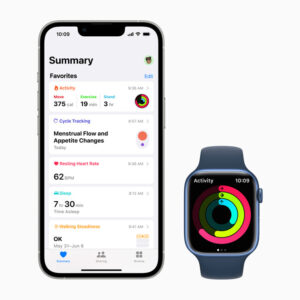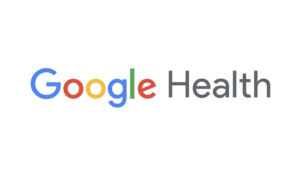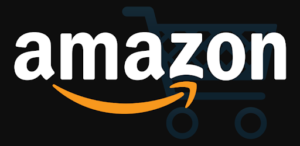After the pandemic, convenient and quick access to healthcare became the chief demand of consumers. This demand has led tech giants such as Amazon, Google, and Apple to enter the healthcare sector and further digital health. Since this industry is heavily relying on digital innovations, retail and tech behemoths are lending their technologies to make healthcare more accessible. While Amazon’s technologies, such as Alexa or AWS, are assisting healthcare providers, Apple is offering various platforms and devices, with the Apple Watch being the primary example. Amazon, Google, and Apple are all coming up with innovative devices and ideas, but who among the competitors is going to win the battle of digital health?
The developments of each of these organisations are accelerating and reshaping the healthcare industry.
Apple Health

In the latter part of July 2022, Apple mentioned its partnerships with research institutes and outlined its future prospects with regard to healthcare technologies. The CEO of the firm mentioned the wish for Apple to make its biggest contribution in the healthcare industry. Apple Health intends to double down on the health-related features, including atrial-fibrillation diagnosis applications, sleep monitoring, and glucose plus blood pressure monitoring. These features are supposed to go live soon. Currently, the Apple Health app has the capacity to store 150 types of data related to health while it features 17 areas classified under fitness and health.
Apple is striving to make its tools and applications into a portable hub for consumers. The tech giant’s top three tools are: 1. Apple Watches, 2. iPhone’s Health Records 3. Genetic Testing. Wearable technology, the pioneer of which is Apple, is now seen as a useful tool for the purpose of recording healthcare data. Some individuals have claimed that the Apple Watch saved their lives.
Google/Alphabet Healthcare

Google Healthcare, otherwise known as Alphabet, is concentrated on advancing healthcare by implementing artificial intelligence and enabling data storage, which in turn will reduce overall costs. Alphabet strives to enable predictive analysis, interoperability, and precision medicine to push the industry towards more efficiency.
In November, Alphabet bought the wearable giant FitBit, furthering the health-tracking technology. The chief contribution of Alphabet is providing data storage and analytics to enable easy interoperability and address challenges surrounding clinical research. The following are some of the platforms and solutions for healthcare devised by Google:
- FitBit
- Verily
- Google Fit
- Calico
In particular, by offering their AI-driven cloud services, Alphabet is simplifying Electronic Health Records (EHRs) and providing hospital partnerships.
Amazon

Amazon’s voice tech expertise, Amazon Web Services (AWS), and large-scale acquisitions are enabling the firm to push through challenges and come up with innovative solutions for the healthcare industry. By leveraging its technologies and through partnerships, Amazon is launching new healthcare projects. Moreover, the tech giant is striving to transform the pharmacy, supply chain and health insurance. While Amazon had launched Amazon Care, it has also acquired One Medical with the prospect of increasing telehealth services across the US. Some of the major technological solutions and platforms offered by Amazon are:
- Alexa
- Amazon Care
- Amazon Web Services (AWS)
- Medical Supply Chain
- PillPack
The healthcare industry will always have room for innovations, which is why it is safe to say that all the behemoths will have plenty of places to make their mark. If Amazon is assisting healthcare in AI-based voice transcription, Apple’s demand has been bolstered by EHR innovations. This battle is going to drive technological outcomes, an aspect that is crucial to this sector, especially after the pandemic.


